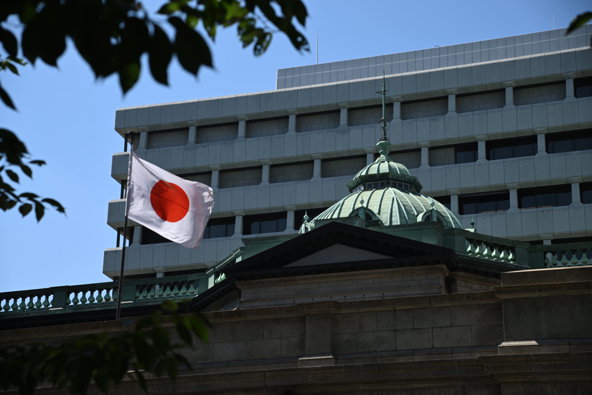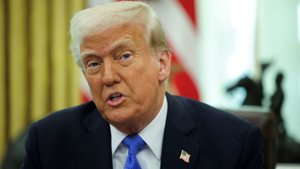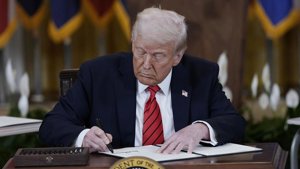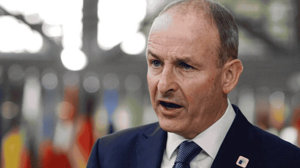
BOJ: U.S. Tariffs May Boost Inflation
Bank of Japan Governor Kazuo Ueda stated on Wednesday that upcoming U.S. tariffs could raise inflation in the near term, though they may exert downward pressure on prices over time by slowing economic growth. His comments come amid growing global concern over the economic impact of new trade policies under U.S. President Donald Trump.
“The overall impact will depend on the scale of the tariffs and how they affect trade activity,” Ueda explained. He emphasized that the short-term inflationary effects could be offset later by reduced household and corporate spending if economic momentum slows.
Ueda also highlighted the uncertainty surrounding how the tariffs will influence sentiment across both consumers and businesses. “Policymakers need to closely monitor how these developments play out,” he noted, adding that the issue will be discussed during the upcoming meetings of the International Monetary Fund (IMF) and the Group of 20 (G20).
The remarks follow President Trump’s announcement of sweeping new tariffs on imports, which he referred to as part of his broader strategy to realign global trade relationships. Trump has declared April 2 as “liberation day,” signaling a new era of U.S. economic policy designed to favor domestic industry.
As the world’s third-largest economy and a major exporter, Japan is particularly sensitive to shifts in global trade patterns. Any changes in U.S. tariff policy could have ripple effects across Asian markets, potentially impacting supply chains and financial stability.
Analysts say Ueda’s comments reflect a cautious approach by Japanese officials, who are trying to anticipate the effects of American economic measures without making premature judgments. The BOJ is expected to consider these factors in its next monetary policy outlook.
Global markets are watching closely as Trump’s tariff strategy unfolds, with some economists warning of possible retaliation from trade partners and increased volatility in currency and commodity markets.
With the IMF and G20 meetings on the horizon, Ueda's stance may help shape international discussions on trade, inflation, and economic resilience in the face of shifting U.S. policy.






